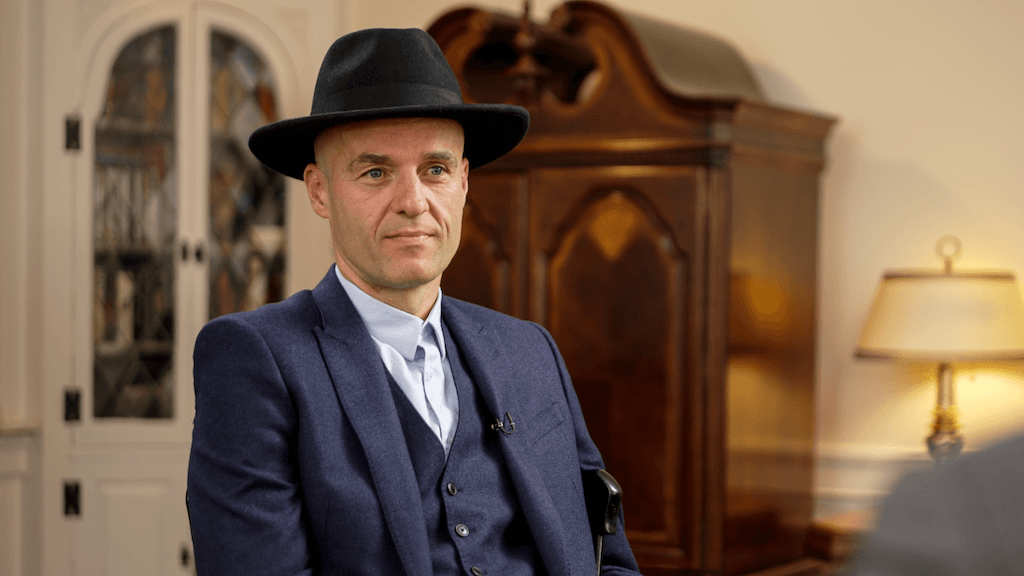At the start of the pandemic, professor of Wellbeing Economics at the London School of Economics and co-author of the book “The Great COVID Panic” Paul Frijters saw that governments’ response to COVID-19 did not match the level of lethality of the virus and decided to develop a method to quantify the harm government COVID policies would have on people’s well-being.
Frijters’s analytical models revealed that the harm from policies, including lockdowns, would be colossal compared to any benefits.






